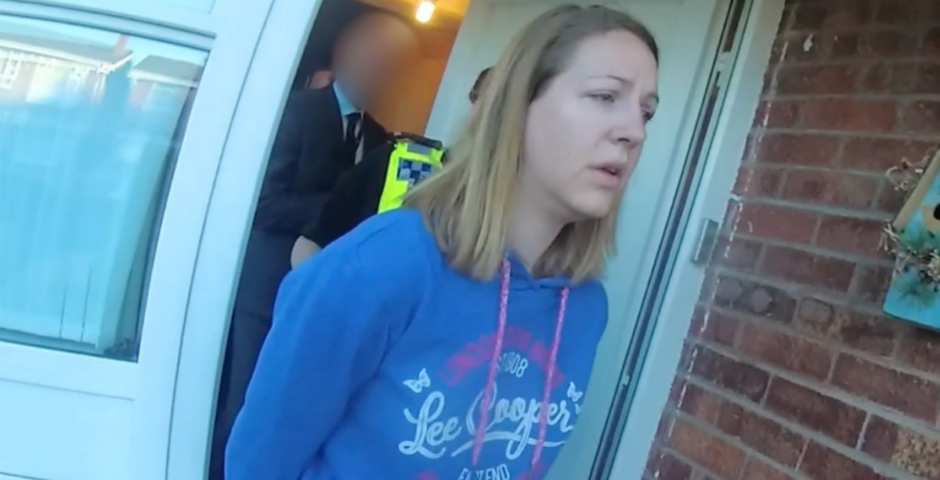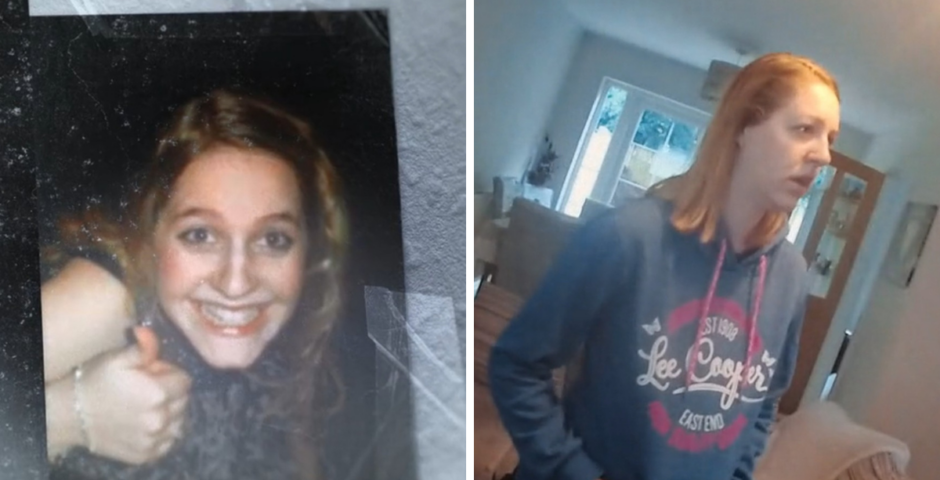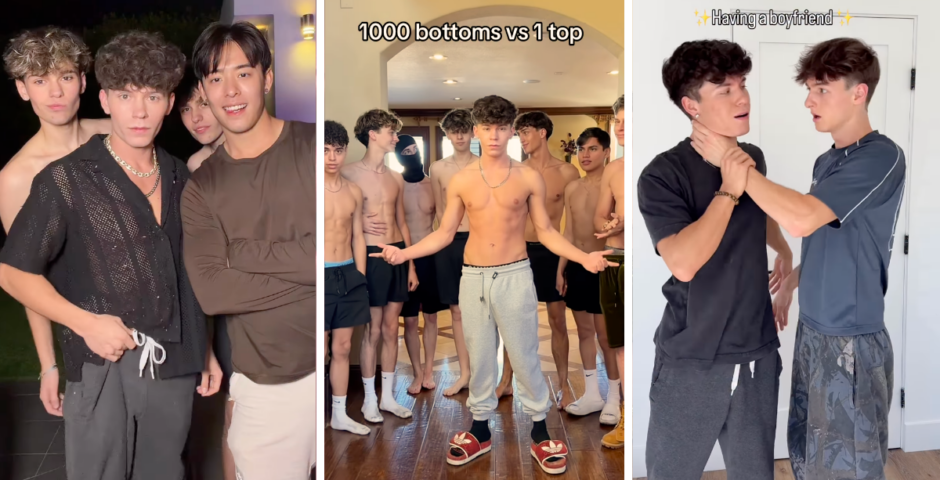
‘Women are complicit in male suicides’: The growing epidemic of incel culture at London unis
Forums like UCLove and student testimonials present an alarming insight into incel culture at London universities
A conversation has been sparked around inceldom and misogyny in UK schools following the high-profile rise and arrest of Andrew Tate.
The London Tab investigates the effects of this growing phenomenon at our universities – the online, the real-life, and how this affects our learning environments and experiences in an atmosphere stereotyped for its casual sex culture.
“Incel” subcultures – an abbreviation of involuntary celibate – generally involve online communities of young men who feel unable to find love or have sex with women, and are characterised by a belief in their entitlement to sex and love, and resentment towards women who won’t provide them with it.
This online minority seems to have found its way into mainstream university culture.
Scrolling on anonymous university confessions pages such as UCLove, students expect to see the latest gossip on their lecturers, or heartwarming confessions of campus crushes: “Girl on the fifth floor of the student centre – fit asf!” Yet, posts seen by The London Tab show a very different side to these forums.

Screenshot from UCL’s online confessions forum, UCLove
Submissions include many examples of sexism, misogyny, and complaints from men who feel women are at fault for rejecting them.
One post claims: “Male suicides are directly or indirectly caused by women.”
Another anonymous contributor writes: “Until you can provide a solution for us men to avoid the incel rabbit hole, you are and will remain complicit in our suicides … because when did wanting to be loved is such a bad thing? (sic)”

Most Read
Yet inceldom isn’t limited to just having an online presence. Every woman has seen many examples and consequences of toxic masculinity and inceldom play out in daily life, whether at clubs, societies or even in the classroom.
A UCL student, who wishes to remain anonymous, told The London Tab about a time where a finance student claimed that: “Cat-calling is only hated by women because they receive so many more compliments than men… cat-calling is what they think women want to hear”. Cat-calling is widely considered to be sexual harassment, and is set to become illegal in the UK.
It seems the majority of girls at university also seems to have a story about an “economics boy” or “finance bro.” Speaking to The London Tab, several LSE students believe their university is particularly affected by inceldom due to the pervasiveness of the “finance bro” stereotype – with the financial industry infamous for a historically sexist culture.
An LSE student, who wishes to remain anonymous, was told: “If you go clubbing while having a boyfriend, you must be a slut.”
She also recounts a classmate claiming: “I can and have cheated on my girlfriend multiple times, but if she cheats once, it’s over.”
Another LSE student has been the recipient of ‘jokes’ such as: “Women don’t have anything good to contribute [in the workplace]”. On the other hand, those same men criticise women-only professional initiatives on the basis that it disadvantages male applicants. Evidently, any argument passes to protect Patrick Bateman wannabes and their fragile male egos from spring week rejections.
Misogynistic discourse is so frequent that LSE students commonly make fun of it on campus. An anonymous contributor to the Instagram account @overheardatlse jokes: “Guys here are shaming sex-workers while trying to get into IB (investment banking), like that’s more than just selling your body.”
With a recent study finding a quarter of male university students believe their universities are doing “too much” to tackle misogyny on campus, these findings paint a stark picture of the impacts of increases in online fringe groups on our university campuses.
An LSE spokesperson said: “LSE is committed to a working and learning environment where people can achieve their full potential free of all types of harassment and violence. We take any reports of sexual misconduct or violence extremely seriously and any member of the LSE community who has experienced or witnessed incidents of this kind is strongly encouraged to get in touch with a trained Safe Contact for information and support or use our dedicated online portal Report it Stop it. Anyone affected by sexual harassment or violence can also access free, confidential, independent support and counselling.
“LSE has also worked with the LSE Students’ Union to develop a Consent.Ed educational programme designed to explore issues around consent and create a positive respectful culture where everyone feels safe on campus.”
UCLove did not respond to a request for comment
If you or someone you know has been affected by issues addressed by this story, contact Refuge on their free 24/7 helpline 0808 2000 247 or contact Rape Crisis online for a free confidential chat helpline
Related articles recommended by this author:
• ‘They want to silence us’: UAL is censoring posters about cleaners’ strike across its campuses
• University College London’s iconic Portico pillars painted orange in Just Stop Oil protest
• Queen Mary University is pressuring students to report their lecturers who are striking

















